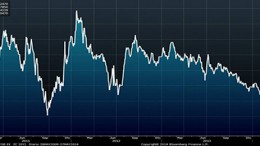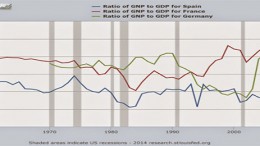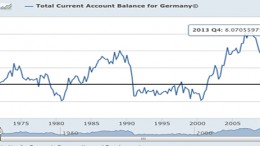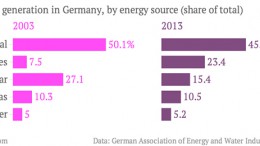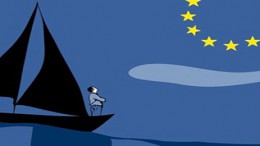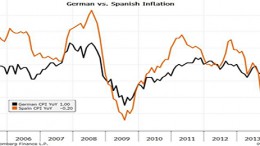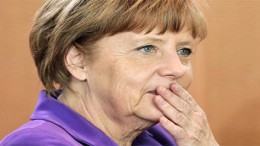EU’s problem is not in Germany but in France
MADRID | The Corner | The rise of the far-right Front National will harm more the European project than any economic recipe imposed from Berlin. In the end, Germany is indeed setting hard conditions for the EU integration, but at least is favoring it, whereas France’s Marine Le Pen has a clearly anti European speech and intends to bring power back to the countries.

